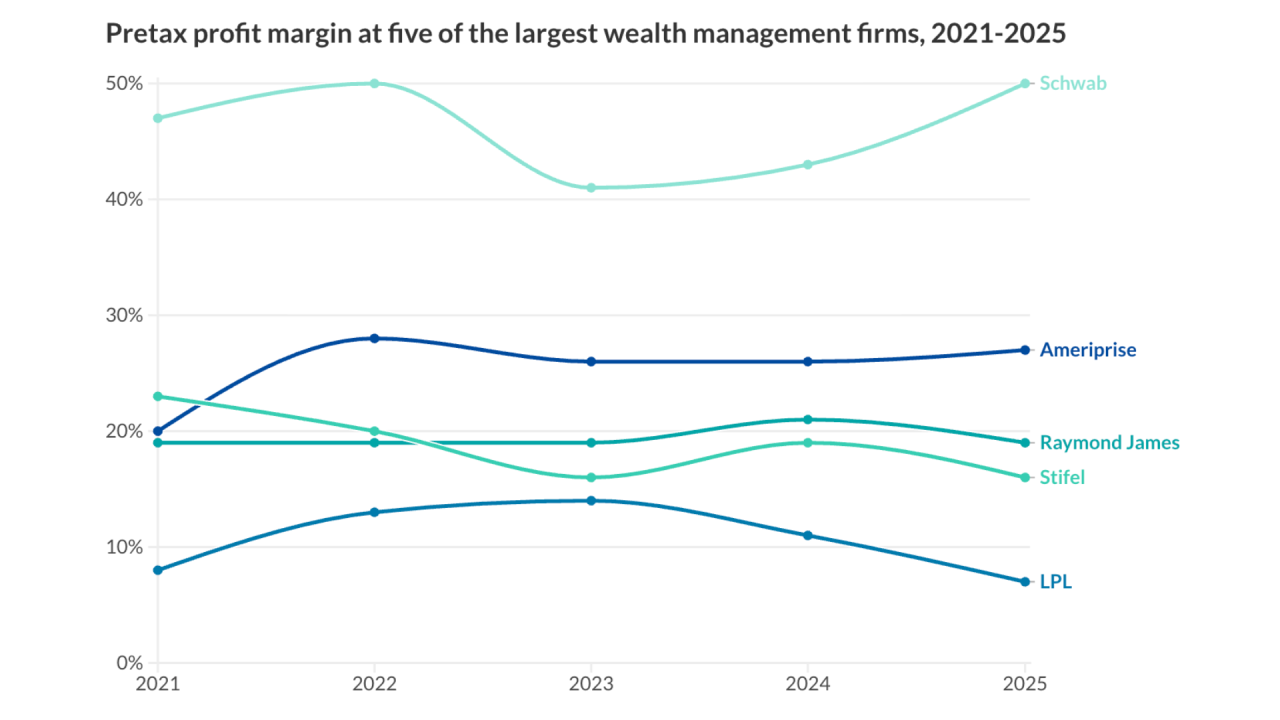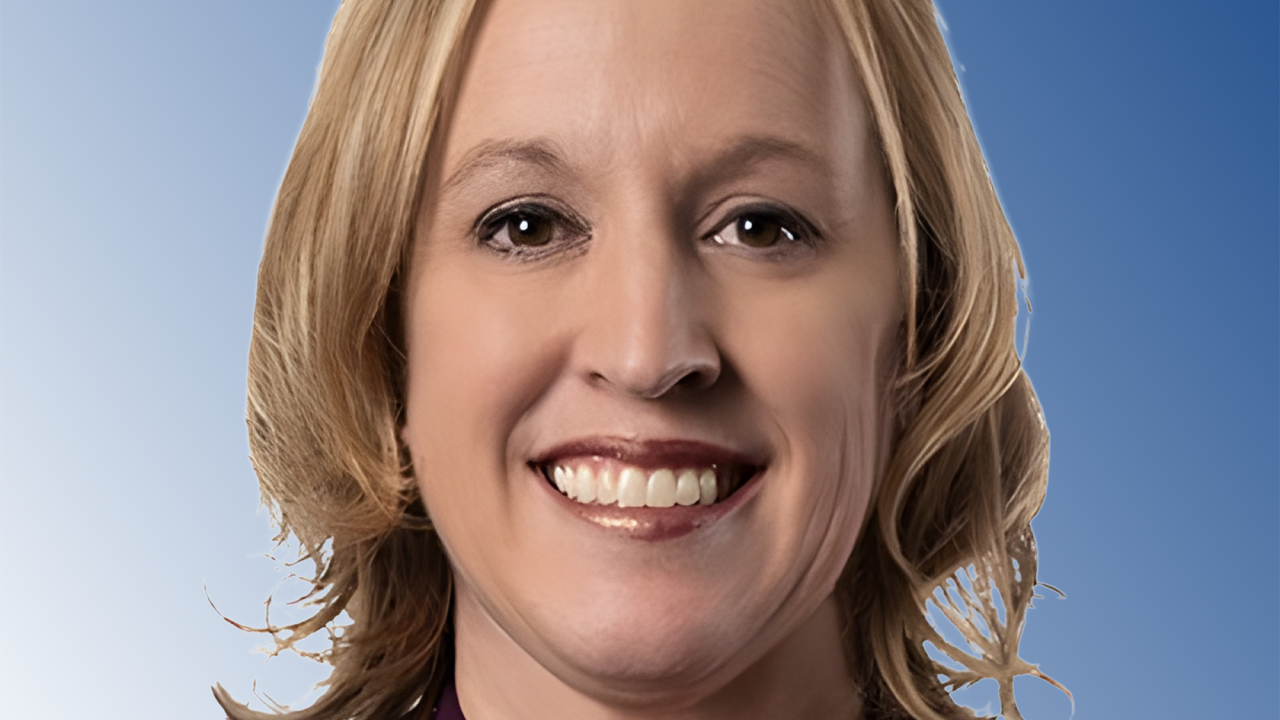A new school year of science, math and English courses is starting soon across the country, but financial education is unlikely to be included in most students' coursework.
Eighty percent of U.S. adults reported never receiving financial education in school, according to a new
Financial advisors say that
"The survey found that there is an opportunity for earlier and more extensive education around personal finance," according to the report. "Nearly half of respondents (44%) were 25 years or older when they gained the majority of their education on the topic. Meanwhile, 18% never received an education on finances at any age."
On July 31, Oregon became the
The advisor's role
Even with more schools requiring financial education, advisors say they have an important role to play in improving the financial literacy of their communities.
"Most respondents also indicated that they did not have a definitive source to turn to for financial advice to ease this stress," according to the study. "In fact, while the majority of adults do seek advice from somewhere, the top sources are friends or family (21%) and themselves (20%), rather than financial advisors (15%)."
Advisors have a role to play in not only providing their clients with financial education but their communities as a whole, according to Brad Wright, a managing partner at Launch Financial Planning in Andover, Massachusetts.
Other advisors tend to agree.
"Through our education and experience, we have been given a tool (financial literacy) that we can all benefit from," said Francisco Ayala, a financial advisor at The Coleridge Group in Phoenix, Arizona.
Ayala — who offers pro bono financial planning to low-income families and volunteers at Junior Achievement of Arizona, a not-for-profit organization that teaches students about the importance of money management, workforce readiness and entrepreneurship — said that as "advisors, we can make great careers out of this knowledge. But we also have the opportunity and, in my opinion, the obligation, to spread this knowledge beyond our fee-paying clients."
A taboo subject
Financial institutions are also trying to address the education gap.
Edward Jones'
Since the program launched three years ago, 500,000 people have used the platform, including 90,000 students in over 2,000 schools, according to the press release.
"Developing greater financial knowledge and confidence has to start earlier in school," said Vanessa Okwuraiwe, principal at Edward Jones, in a statement. "Our data demonstrates that knowledge builds confidence — for example, roughly 60% of respondents believe they would be more confident in their financial situation with a better understanding of debt management — so it's our goal to empower individuals to secure their financial futures."
Edward Jones is far from alone in its efforts, with countless other financial institutions — like
"Unfortunately, the subject of money is a taboo topic in many homes," Ayala said. "That mentality is then carried to the classrooms. If educators are not confident about their own financial decisions, how can we expect them to teach that subject to their pupils? If our parents and teachers are not willing or able to teach us how to properly handle money, who will? It becomes a vicious cycle of money ignorance."






